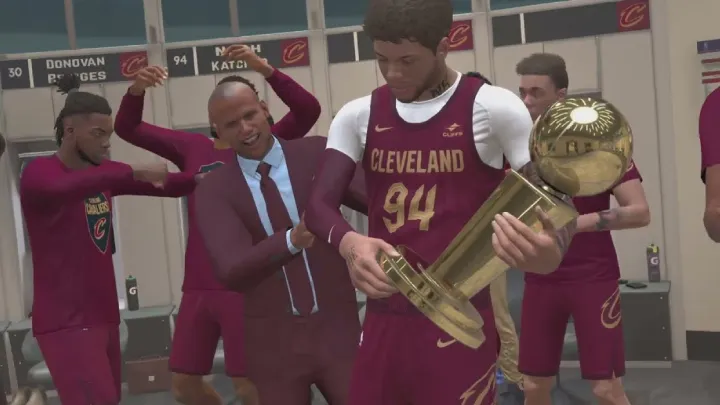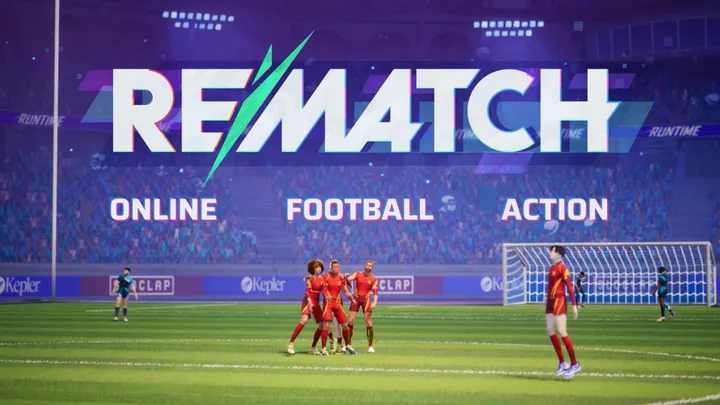In competitive gaming, few moments are as intense as a rematch. Whether it’s a 1v1 duel, a team clash, or a tournament setting, a rematch gives both sides the chance to correct mistakes, adapt strategies, and prove who’s truly better. Unlike the first encounter, rematches are battles of adaptation and mental resilience.
Handling rematches effectively requires more than just raw skill. It involves preparation, mindset, analysis, and tactical adjustments. This guide will teach you how to approach rematches in any competitive game, whether it’s shooters like Fortnite, MOBAs like Dota 2, fighting games like Street Fighter, or strategy games like StarCraft.
1. Understanding the Psychology of Rematches
The first step in mastering rematches is understanding their psychological weight. Players often carry emotions from the first match into the second — excitement, frustration, or even overconfidence.
A rematch is not just about mechanical skill; it’s about how well you can reset your mindset. If you won the first game, don’t assume victory is guaranteed. If you lost, don’t let frustration cloud your judgment.
Key Mindset Principles
- Treat the rematch as a fresh battle.
- Respect your opponent’s ability to adapt.
- Focus on learning, not just winning.
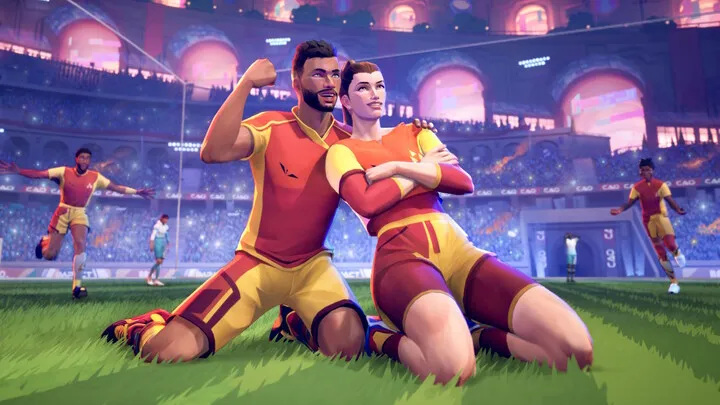
2. Analyzing the First Match
Before jumping into a rematch, think about what happened in the previous game. Every win or loss holds valuable information.
Did your opponent favor aggressive tactics? Did they exploit a weakness in your defense? Did you lose due to poor resource management or mechanical mistakes? Answering these questions gives you a roadmap for the rematch.
Post-Match Review Checklist
- What strategies worked for me?
- Where did I struggle most?
- What patterns did I notice in my opponent?
- What small changes can I make immediately?
3. Adjusting Your Strategy
Adaptation is the heart of a rematch. If you play the exact same way, a smart opponent will punish your predictability. Instead, make small adjustments to keep them guessing.
This doesn’t mean completely abandoning your strengths. Rather, it means adding variety to your approach so your opponent can’t anticipate every move.
Strategy Adjustments
- Change your early-game plan (different landing spot, lane, or opening move).
- Introduce new tactics mid-game.
- Save your strongest strategies for late-game when it matters most.
4. Managing Emotions and Staying Calm
Rematches are emotional — especially after a tough loss. Some players tilt (become frustrated and reckless), while others grow overconfident after a win. Both extremes are dangerous.
The best players master emotional control. They stay calm, patient, and focused regardless of circumstances.
Tips for Emotional Control
- Take deep breaths before the rematch begins.
- Treat mistakes as lessons, not failures.
- Remind yourself: every match is winnable.
5. Using Information Against Your Opponent
Rematches give you the advantage of prior knowledge. You’ve already seen how your opponent plays — their habits, preferences, and weaknesses. Now, use that information against them.
If they favored a certain weapon, hero, or map position, prepare a counter. If they rushed early, tighten your defense. If they played slow, pressure them.
Opponent Analysis Tactics
- Track their favorite heroes/characters/weapons.
- Look for repetitive movement or attack patterns.
- Anticipate their “comfort zone” and disrupt it.
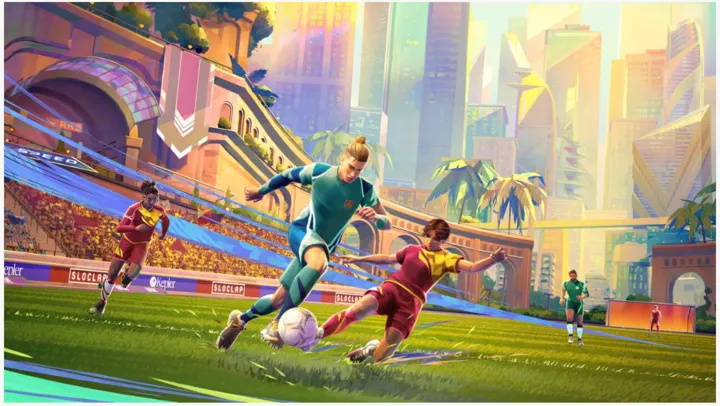
6. Learning to Adapt Mid-Match
Even in a rematch, your opponent may come in with adjustments of their own. That’s why it’s important to stay flexible during the match itself.
If you notice they’ve switched to a defensive playstyle, don’t keep forcing aggression. If they’re countering your main strategy, mix things up immediately.
Mid-Match Adaptation Tips
- Recognize when a tactic stops working.
- Don’t force fights that don’t benefit you.
- Stay unpredictable to avoid easy counters.
7. Leveraging Team Dynamics in Rematches
In team-based games (like Dota 2, League of Legends, Valorant), rematches are not just about individual adjustments but team coordination.
Teams must discuss what went wrong, redistribute roles if necessary, and make sure communication stays strong. Sometimes the best adjustment is swapping roles, changing draft priorities, or focusing on better synergy.
Team Rematch Strategies
- Hold a quick team meeting after the first match.
- Adjust picks, comps, or strategies as a group.
- Support teammates emotionally — keep morale high.
8. Practicing Rematch Scenarios
The best way to get good at rematches is to practice them. In training environments or scrims, ask teammates or friends for repeat games against the same opponents. This builds the habit of adaptation.
Fighting game players often practice “sets” (best of 3 or best of 5), which are natural rematch scenarios. Learning to adjust round by round sharpens your rematch instincts.
Practice Ideas
- Play back-to-back games with the same team/opponent.
- Experiment with different openings each match.
- Focus on one adjustment per rematch to track progress.
9. Maintaining Focus in Tournament Rematches
In tournaments or ranked ladders, rematches carry even more pressure. Fatigue, crowd influence, and high stakes can distract players.
Top players know how to reset between games. They review what happened, block out distractions, and focus only on the next match.
Tournament Rematch Tips
- Stay hydrated and physically relaxed.
- Block out external noise and pressure.
- Stick to a routine between matches to reset mentally.
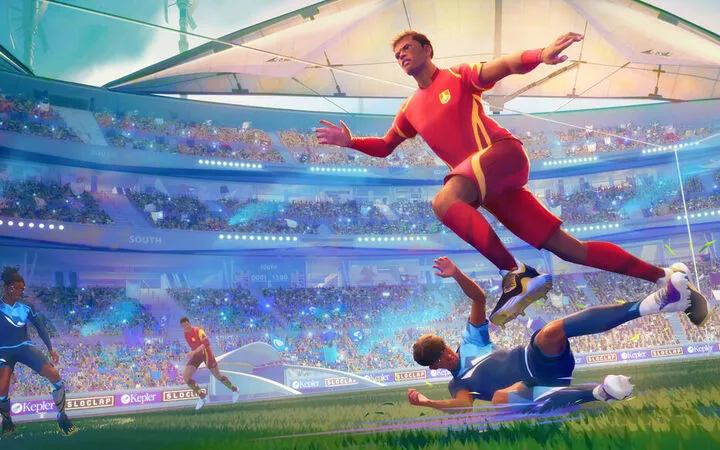
10. Growing From Every Rematch
Whether you win or lose, rematches are valuable learning experiences. They reveal your weaknesses more clearly than first encounters because opponents actively try to exploit them.
Instead of fearing rematches, embrace them as opportunities for growth. The more rematches you play, the better you’ll become at adaptation and resilience.
Growth Mindset for Rematches
- Win or lose, review every rematch afterward.
- Record your matches to study later.
- Apply lessons learned to future games.
Conclusion
Rematches are more than just second chances — they are tests of adaptability, emotional control, and growth. Winning the first game is one thing, but proving you can adjust and overcome the same opponent again is the true mark of a strong player.
By analyzing your first match, adjusting strategies, controlling emotions, and staying flexible mid-game, you’ll increase your chances of success. Over time, you’ll learn to embrace rematches not as stressful encounters but as opportunities to refine your skills and prove your mastery.















